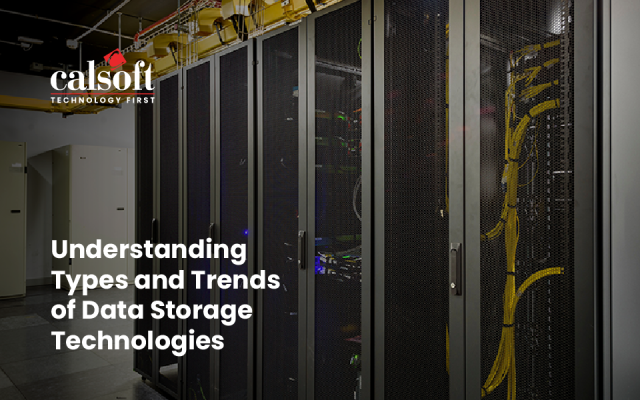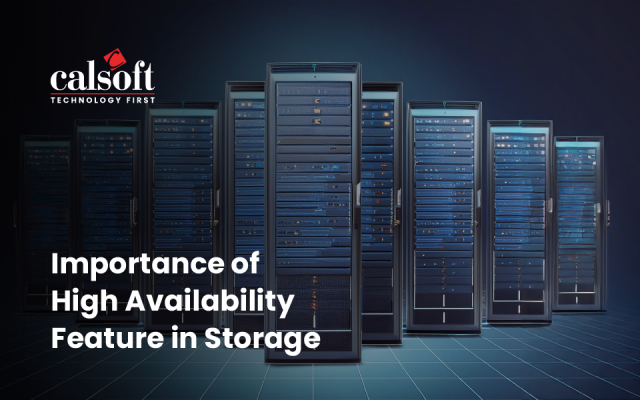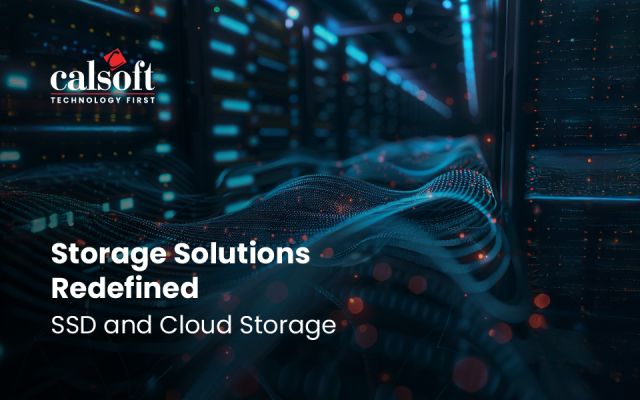Phew! The technical jargons are going the medical naming convention, isn’t it? Practically, they all can be separated to be on their own, so let’s define them separately & then combine them together to see what we get.
Layman definition of the individual Terms
Hybrid: It literally means many things build into 1 single Unit
Scalable: It means a system that can be expanded without making lot of re-arrangements.
Converged: It literally means two or more disparate things build into 1 large Unit
Unified: It means 2 different things offered through 1 single Unit.
Though many would like similar in their definition, they are technically different. Let’s take a look at them from Data Storage perspective.
Hybrid Storage
A mix of conventional legacy cheaper rotational disk based devices such as HDD (Hard Disk Drives) and higher performance solid-state disk based devices such as SSD (Solid state Disks). The combination together achieves what individually can’t be achieved. The Use Cases of Hybrid Storage requires the combined system to give high performance at a reasonable cost, which is achieved by caching the IOs from the underlying application on a high performance SSD & then flushing them later to the low performance but cheaper hard disks in the backend, thus achieving the goal.
Scalable Storage
This is a system that can expand itself without major realignment. In storage terms, consider adding Tens of Terabytes (60TB) to the existing Dozen of Terabytes (36TB) of storage capacity, without major change in the interconnection schema or software/firmware update/upgrade.
Consider connecting a single SAS or FC Cable to the existing SAS Expander or FC Fabric respectively to discover the newly attached Disk sub-system.
Calsoft Whitepaper: Software Defined Storage-Quality Assurance
Unified Storage
Usually, the RAW storage is exported to the application via its Operating Systems in one of the two methods – Logical Unit (a.k.a. a LUN) or File System (via FS Protocols such as NFS, SMB or FTP). When you need to export both the methods from 1 single system, the system is termed as Unified Storage. Today, almost all Enterprise Storage Vendors offer Unified Storage Capability through their Solutions.
Converged System
A system that offers Storage, Storage Network & Computing built into a single large unit can be termed as a Converged system. The best use case of such converged systems is to provide Virtualization Solution by installing/embedding the Hypervisor Solution on the Compute system or on the SoC (System on Chip) on the motherboard.
You can say that these are OEM vendors who were traditionally Server Hardware Manufacturers, partnered with their choice of Hypervisor Solution Providers such as Vsphere, Hyper-V, KVM, XenServer, etc. Such systems offer convenience to the System Integrators to quickly build Private or Hybrid Clouds with support from one single vendor instead of multiple vendors (Server Hardware, Storage HBA, Storage Hardware, and OS Vendor)
Hybrid Scalable Converged Unified Storage
When you combine all the above solutions in 1 single system it can be termed as Hybrid Scalable Converged Unified Storage. The combined offering provides the User with a single window support for life-time of the product.
The scalability feature is now-a-days built into any OS and Hypervisor that can be leveraged by the Hybrid Storage offering unified storage options to the underlying applications running on Virtual Machines hosted on the Hypervisor of your choice.






